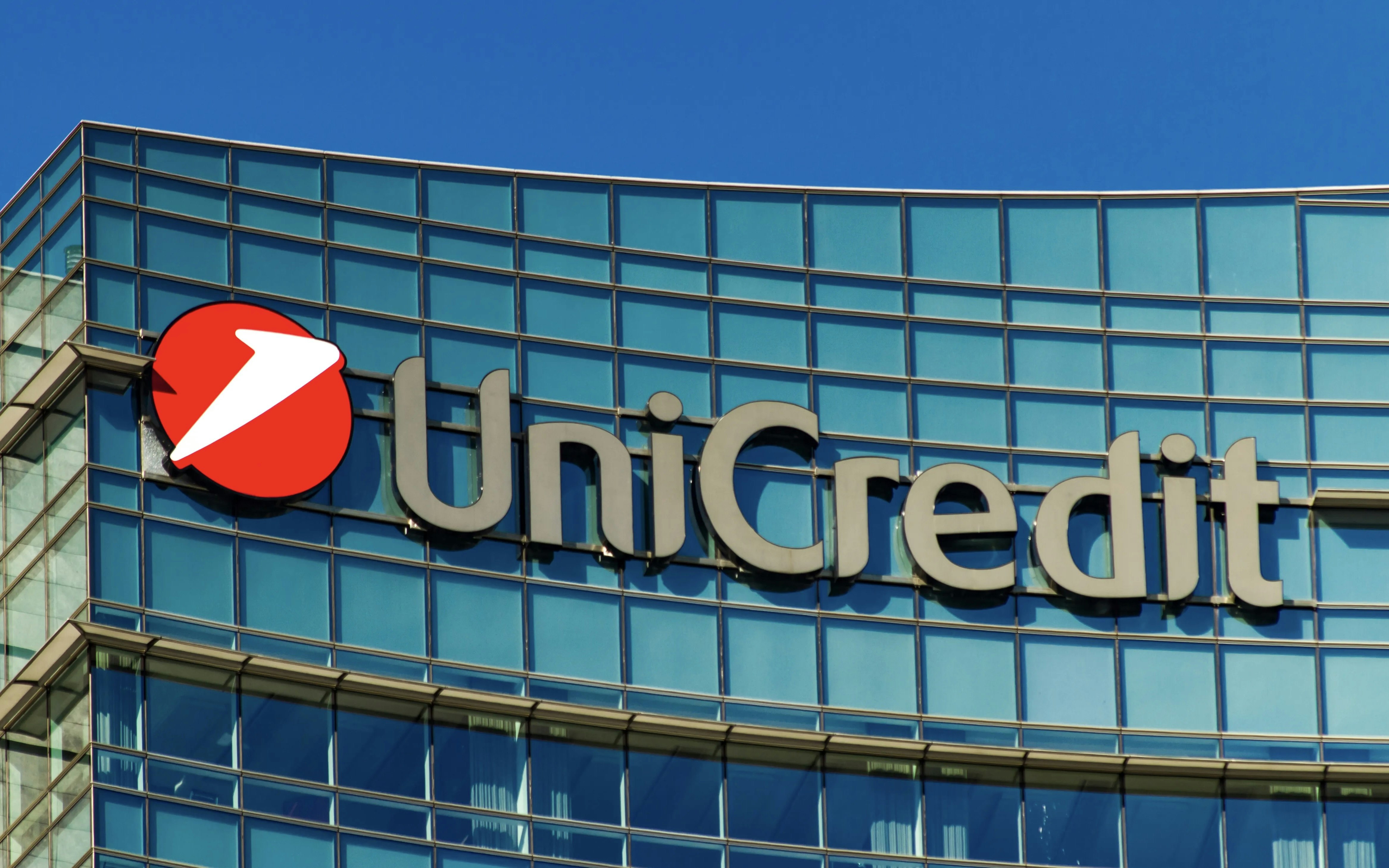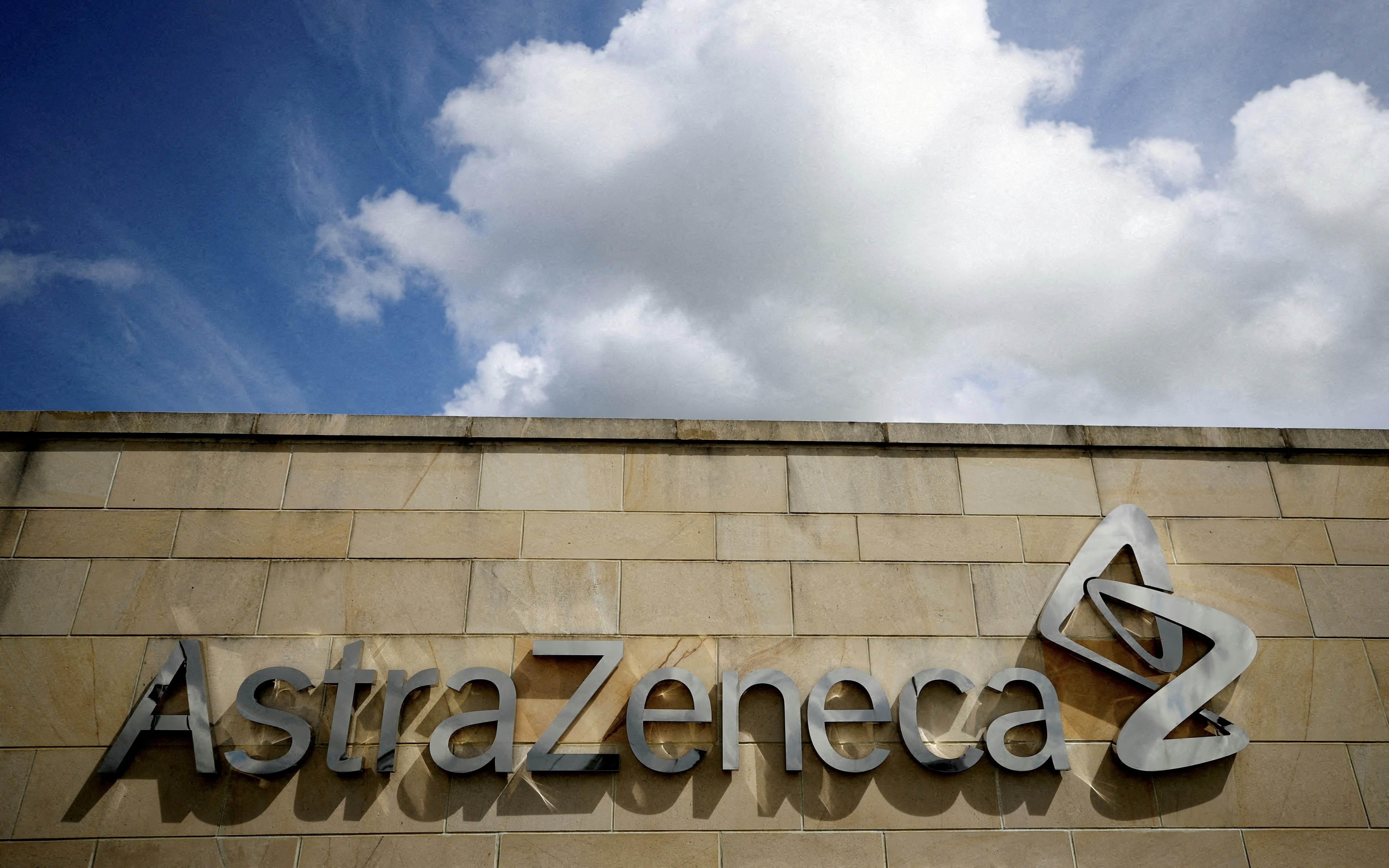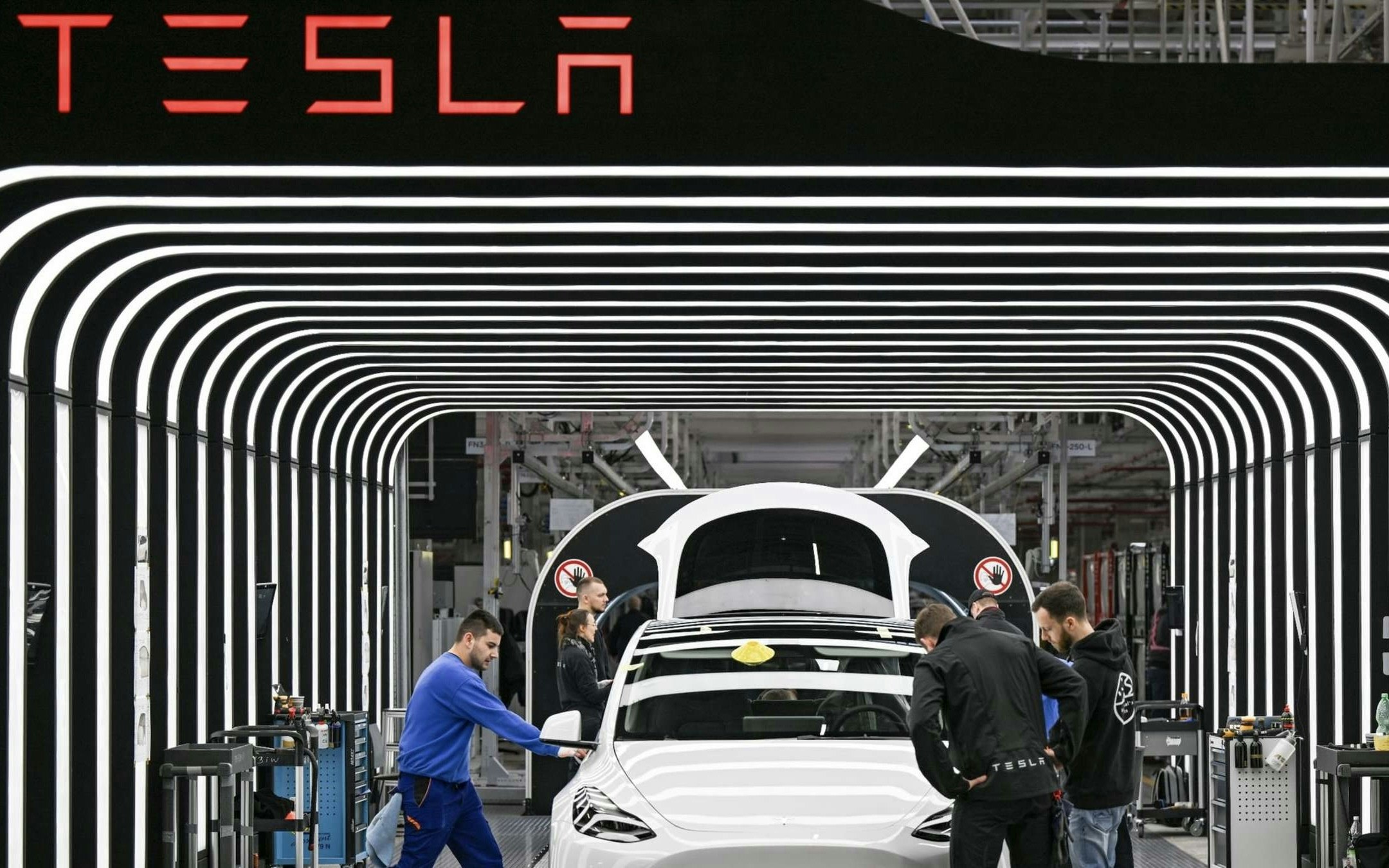Apple has suffered a significant defeat after the European Court of Justice (ECJ) ruled on Tuesday that the iPhone manufacturer must pay 13 billion euros in back taxes to Ireland. The decision of the highest court in the EU upholds the 2016 ruling of the European Commission, which found that Apple benefitted from illegal state aid in the form of an extremely low tax rate of less than one percent.
The ruling pertains to a long-standing dispute over tax agreements between Apple and Ireland. In 2016, Competition Commissioner Margrethe Vestager determined that Ireland granted Apple illegal tax advantages, resulting in this gigantic tax bill.
The ECJ thus overturned a previous ruling from 2020 that had annulled the Commission’s original decision. The current decision is seen as a landmark victory for the EU’s efforts to combat the tax practices of large tech companies.
Apple reacted to the verdict and accused the EU of "trying to change the rules retroactively," emphasizing that the company's profits had already been taxed in the US.
Margrethe Vestager was nevertheless satisfied and stated: 'This is a victory for the Commission and fair competition in the internal market.'
Ireland, which is also considering the decision, defended its position not to grant preferential tax treatment to companies.
This case is seen throughout Europe as a turning point for the tax matters of large technology companies, which have repeatedly been the subject of EU investigations in recent years.







